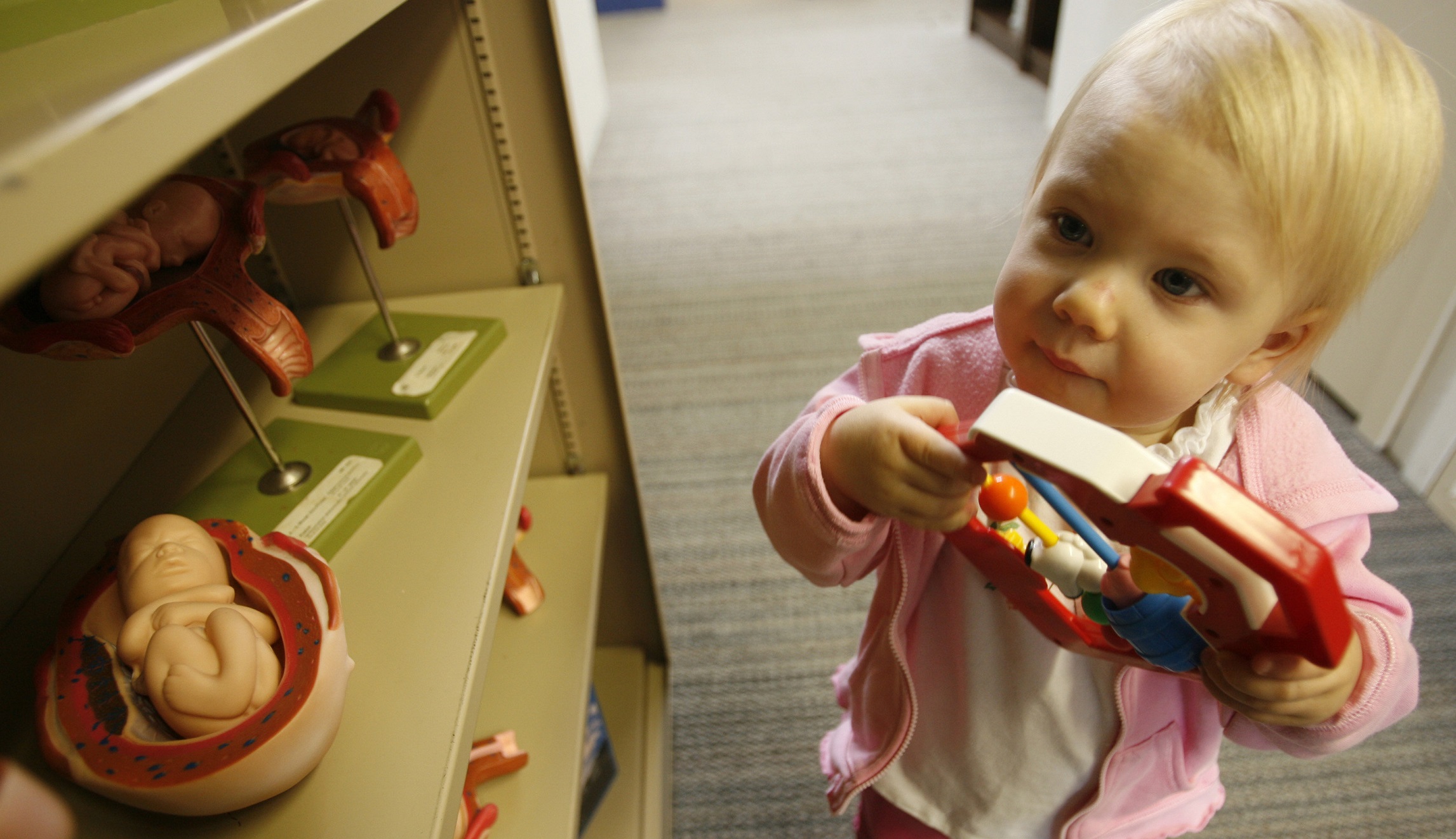

(The Center Square) – Arkansas’ maternal death rate is nearly double the national average, panelists heard during a roundtable discussion on maternal health Wednesday.
Gov. Sarah Huckabee Sanders, U.S. Sen. John Boozman, U.S. Rep. French Hill and medical professionals across the state discussed some of the challenges facing maternal health in Arkansas.
“Nationally, 24 women out of 100,000 die during or immediately after childbirth. In the state of Arkansas, that number is almost double, and the rates of maternal mortality are particularly high in the Spanish communities across our state,” said Cam Patterson, chancellor of the University of Arkansas for Medical Sciences. “Unfortunately, this is a problem that’s getting worse and not better. Over 60% of hospitals in the state of Arkansas no longer provide labor and delivery services and that means that moms, expectant moms, have to travel for prenatal care and often go without. The good news is that we are committed to making a change.”
William Greenfield, an OBGYN at the UAMS Women’s Center, said Arkansas saw 100 pregnancy-related deaths between 2018 and 2020, with 92% of them being preventable.
“I think one of the biggest things that we have to do is not just zero in on the window in the nine months of a woman’s pregnancy but really focusing on the overall health of the female population here in the state of Arkansas,” said Sanders. “It’s something frankly we’ve ignored for far too long. A lot of the instances where we are seeing complications from pregnancy are due to predetermined high-risk individuals and things that we can engage in and prevent by really focusing on the overall health of women across our state. We know that healthier women make healthier moms and have healthier babies.”
Sanders said another focus should be educating women on the need for prenatal care, adding that one in 35 women in Arkansas do not see a doctor until they are in labor.
“We need to do a much better job as a state, not just defining prenatal care which is absolutely critical, but then educating moms on how important prenatal care is. That’s one of the things that I think will make a big difference in the long-term outcomes,” the governor said.
The panel fielded questions on maternal issues from breastfeeding education, the role of fathers, increasing the number of nurse midwives, and Arkansas’ teen pregnancy rate, which is the second-highest in the country, second only to Mississippi, according to Nirvana Manning, an OBGYN at UAMS Women’s Center.
The goal of the discussion was to highlight ways the state can improve its maternal and fetal outcomes, according to Sanders.
“Now we have not only awareness of all the things that need to happen but we also have high levels of engagement from all of the various stakeholders. One of the things we’ve been working on is a comprehensive statewide plan, specifically to address maternal health here in Arkansas,” said Sanders, adding that the discussion was “a big first step.”







